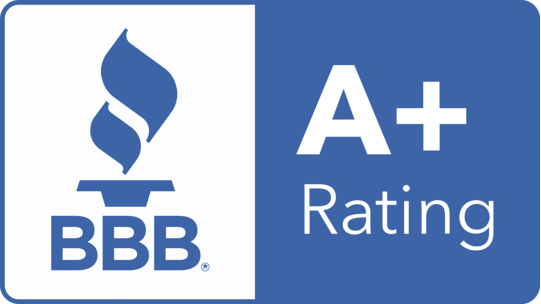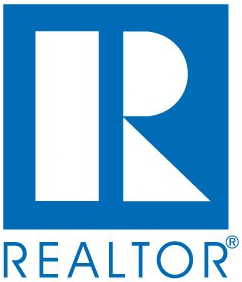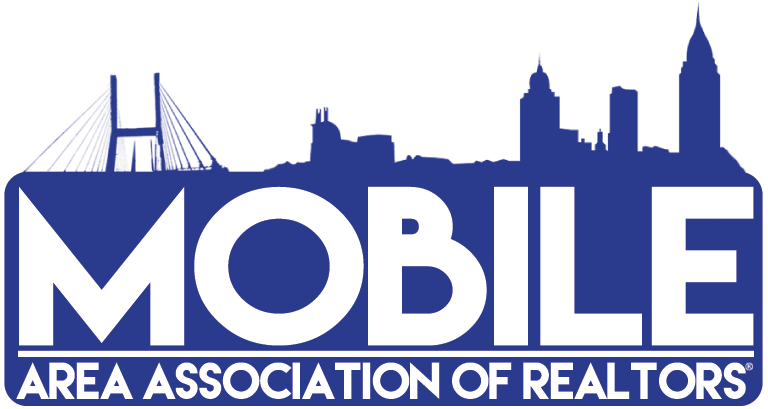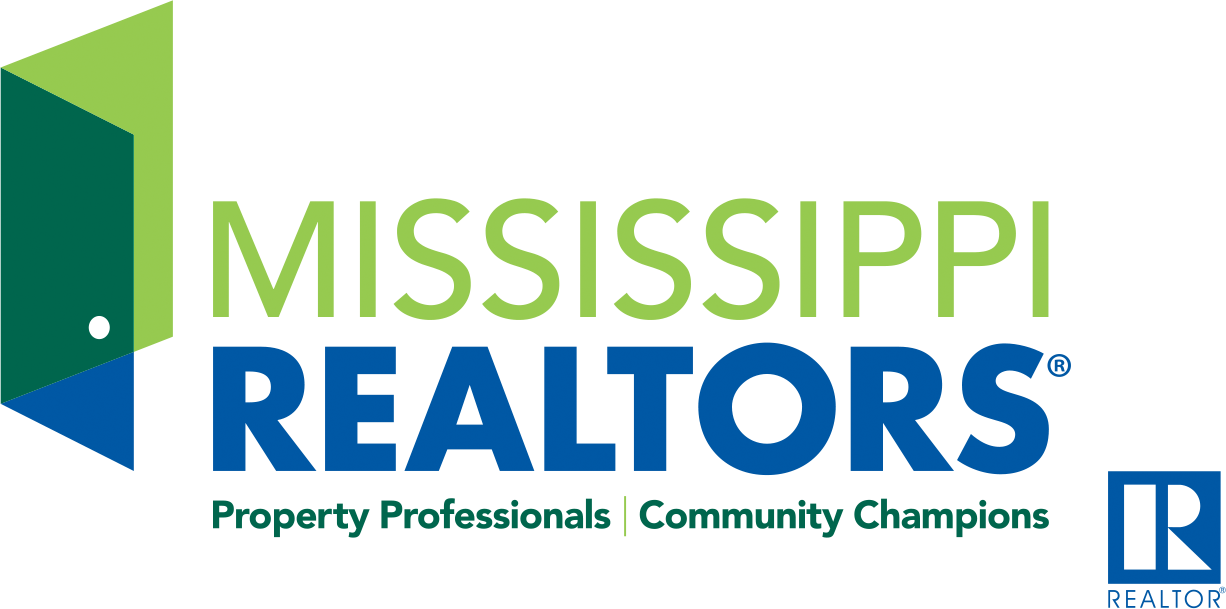Beware of Scammers
Scams to Watch Out for in the Property Rental Industry: Red Flags and Protective Measures
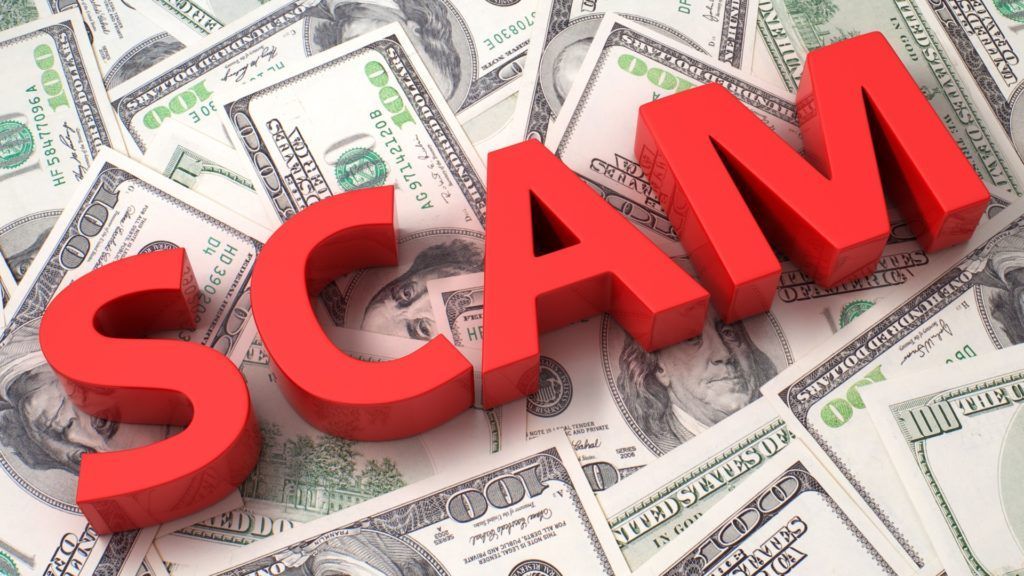
Navigating the property rental industry can be challenging for both prospective renters and landlords. Unfortunately, this sector is a prime target for scammers who exploit individuals seeking to rent properties and landlords looking to fill vacancies. Knowing what scams to watch out for, red flags, and the steps you can take to protect yourself can make a big difference in avoiding financial loss, stress, and potential legal issues.
Common Rental Scams Targeting Renters
1. Fake Listings
Fake rental listings are one of the most widespread scams targeting prospective tenants. Scammers often take images and descriptions from legitimate properties and repost them on various rental sites with altered contact details, asking for deposits to secure the property. After receiving the deposit, they vanish, leaving you without the money and no place to move in. While Revitalize Realty’s listings do syndicate to third party sites such as Zillow and Trulia, we never post our listings to Craigslist or Facebook Marketplace.
Red Flags:
If the rental price seems too low for the area, it could be a bait to attract more victims.
High-pressure tactics, such as requiring an immediate deposit before showing the property, are major warning signs.
Money transfers via apps like Zelle and CashApp are also not typically requested by legitimate landlords.
2. Nonexistent Properties
In this scam, fraudsters create listings for properties that don’t exist or that they don’t have the authority to rent. They often offer "virtual tours" or even use vague descriptions and blurred photos to keep details out of focus, asking for a deposit in advance to “hold” the property. This is common on online marketplaces or social media.
Red Flag:
If the “landlord” is unavailable to meet in person or offers excuses for not showing the property in person, it’s a strong indicator of fraud.
3. Phishing Scams
Renters are sometimes targeted through phishing schemes where scammers create fake rental applications that look like standard forms but ask for unnecessary personal information, such as Social Security numbers or bank details. These details are then used for identity theft.
Red Flag:
Beware of online application forms asking for sensitive information upfront. A legitimate landlord typically requests financial information only after you’ve had a chance to see the property.
4. Fake Landlords
Some scammers pretend to be landlords by breaking into empty properties or posing as a representative of a rental agency. They can provide keys, contracts, and even meet tenants, only for the tenant to later discover that they were dealing with a fraudster who had no ownership of the property.
Red Flag:
Ask for proof of ownership or direct contact with a property management company. Fake landlords often avoid producing official documents or identifying themselves clearly.
Common Scams Targeting Landlords
1. Fake Renters
Scammers sometimes pose as potential tenants, targeting landlords by providing fraudulent checks for deposits or initial rent payments. Once the check bounces, the "tenant" has already disappeared with a portion of the deposit they asked to be refunded.
Red Flag:
If a prospective tenant offers a check for more than the requested deposit and asks for a refund, it’s likely a scam.
2. Overpayment Scams
Overpayment scams involve the scammer sending a check for more than the amount required. They then ask the landlord to refund the difference, only for the original check to bounce after the refund has been sent.
Red Flag:
Legitimate tenants rarely overpay on purpose. If there is an overpayment and a request to send funds back, proceed with caution.
3. Identity Theft
Landlords are sometimes targeted by individuals who provide fake identities or stolen documents, resulting in a tenant with a poor history or criminal background renting the property under a false identity. This can lead to unpaid rent, property damage, and legal issues.
Red Flag:
Make sure you verify identities and request references from previous landlords. Many fake tenants lack a legitimate rental history or references.
Steps to Protect Yourself as a Renter
Research the Property and the Landlord: Look up the property online to see if it’s listed on other sites and if it has a history with a legitimate agency.
Visit the Property: If possible, arrange an in-person viewing. Virtual tours are useful but shouldn't replace physical visits.
Use Reputable Rental Platforms: Stick to reputable websites that verify listings and landlords to help reduce the likelihood of encountering fraudulent posts.
Avoid Cash Payments: Pay deposits and rent through traceable methods like bank transfers or reputable rental platforms, avoiding cash, wire transfers or apps used to transfer money.
Steps to Protect Yourself as a Landlord
Screen Prospective Tenants: Run background checks, verify employment, and request references from past landlords to help ensure that you’re dealing with legitimate renters.
Use Secure Payment Methods: Require rental payments through secure and traceable means. Avoid accepting checks from unknown tenants or transferring funds back from overpayments.
Keep Your Personal Information Private: Limit the personal information you provide to tenants, and never share bank or credit card information directly with them.
Use a Property Management Company: If possible, consider hiring a reputable property management company to handle tenant interactions and payments, reducing the likelihood of falling victim to scams.
The rental industry can be a gateway to scams that hurt both renters and landlords. By recognizing red flags and implementing simple protective measures, you can avoid financial losses and secure your peace of mind. Remember, always verify before committing, and never rush into agreements without thorough research. Taking a few extra steps now can save you significant hassle and financial loss down the line.














